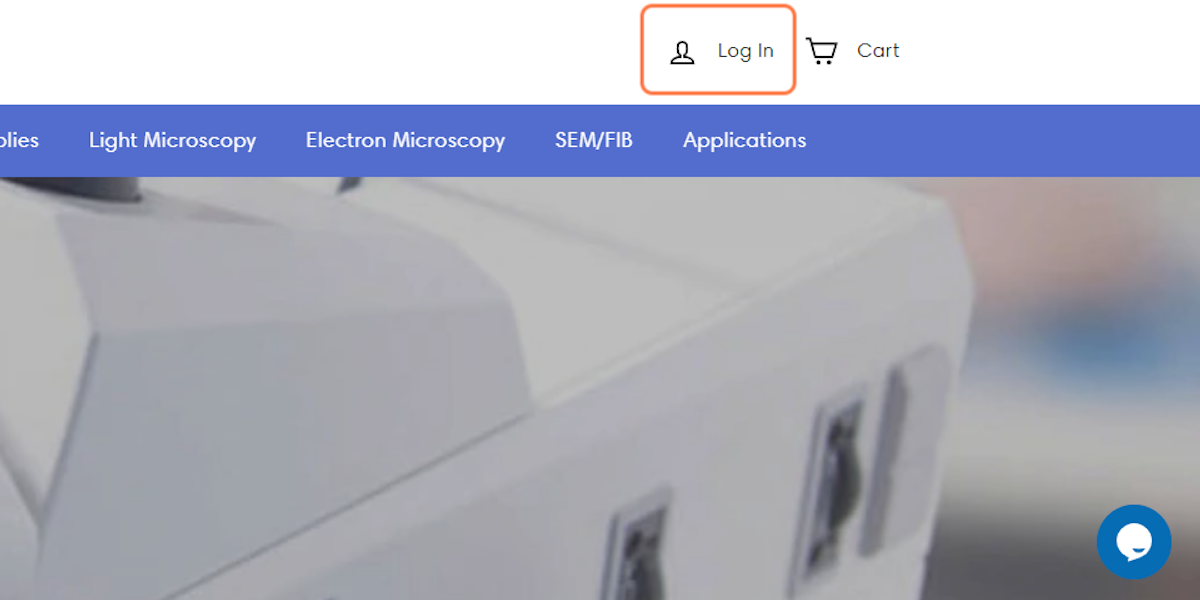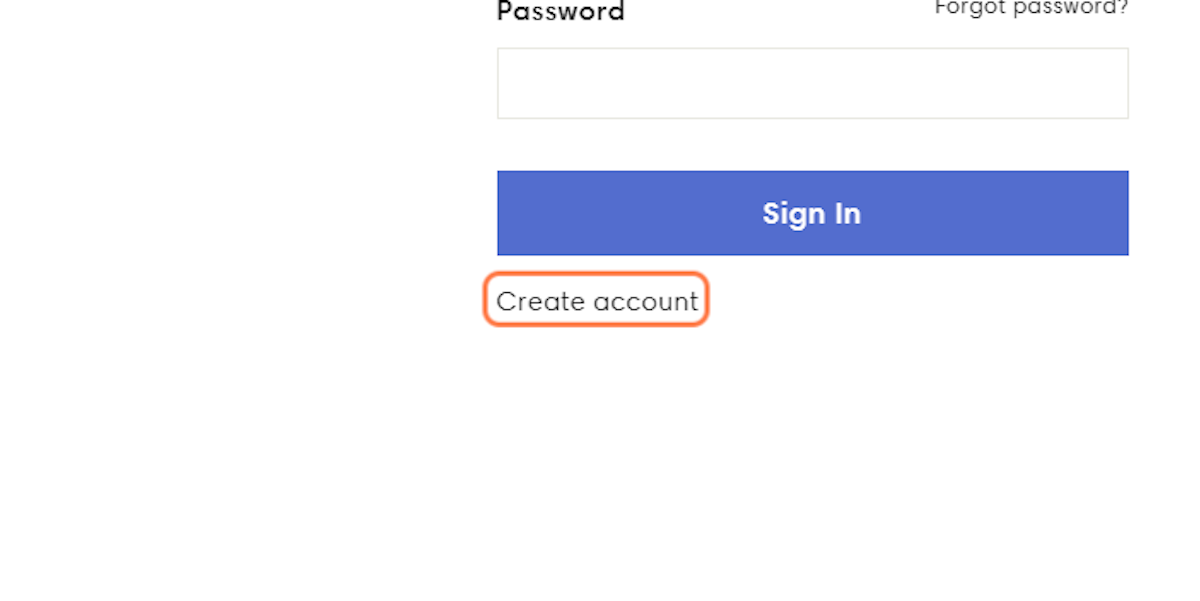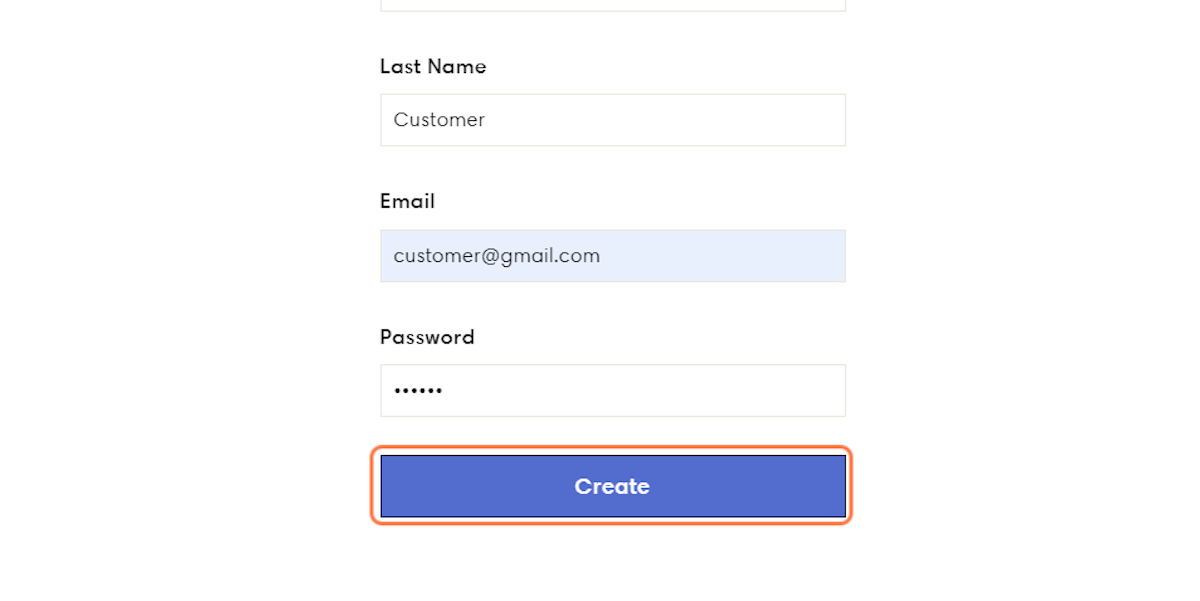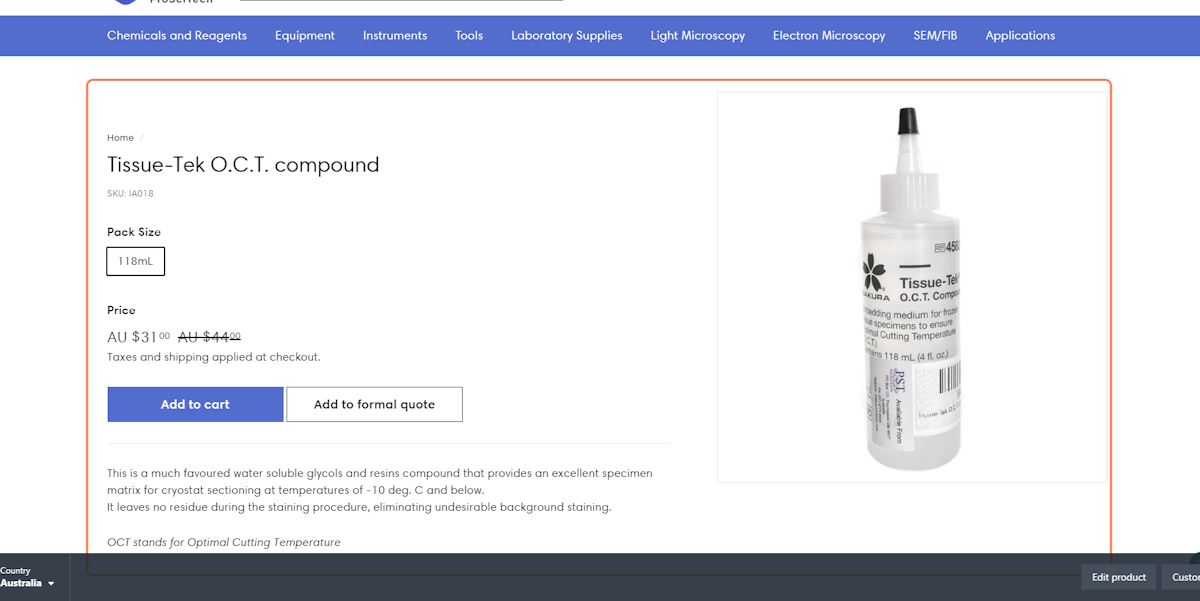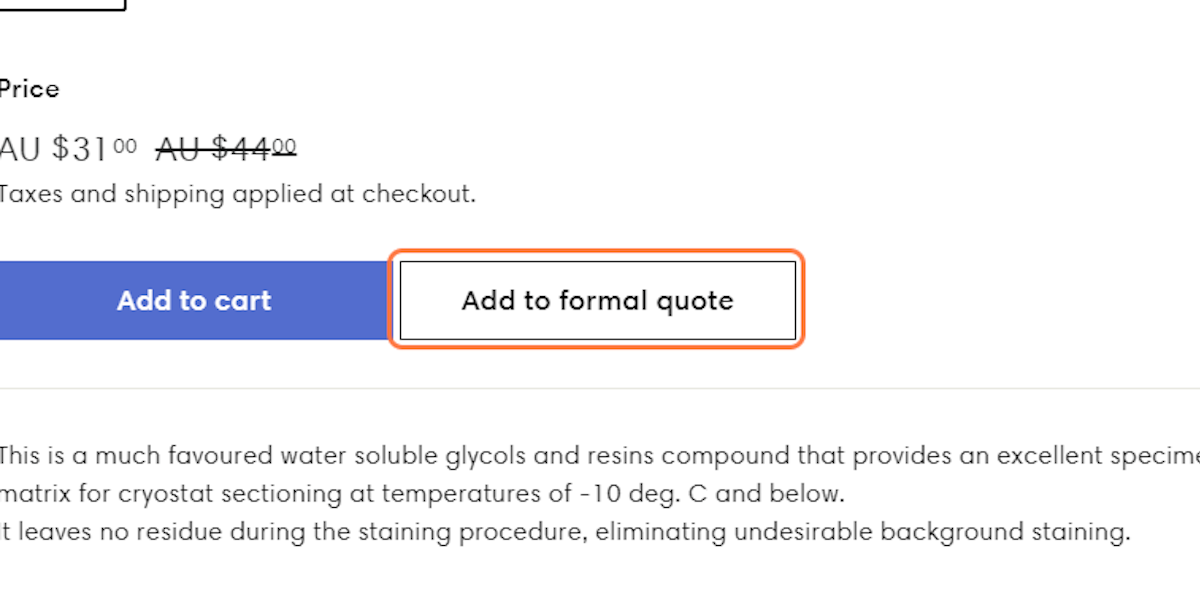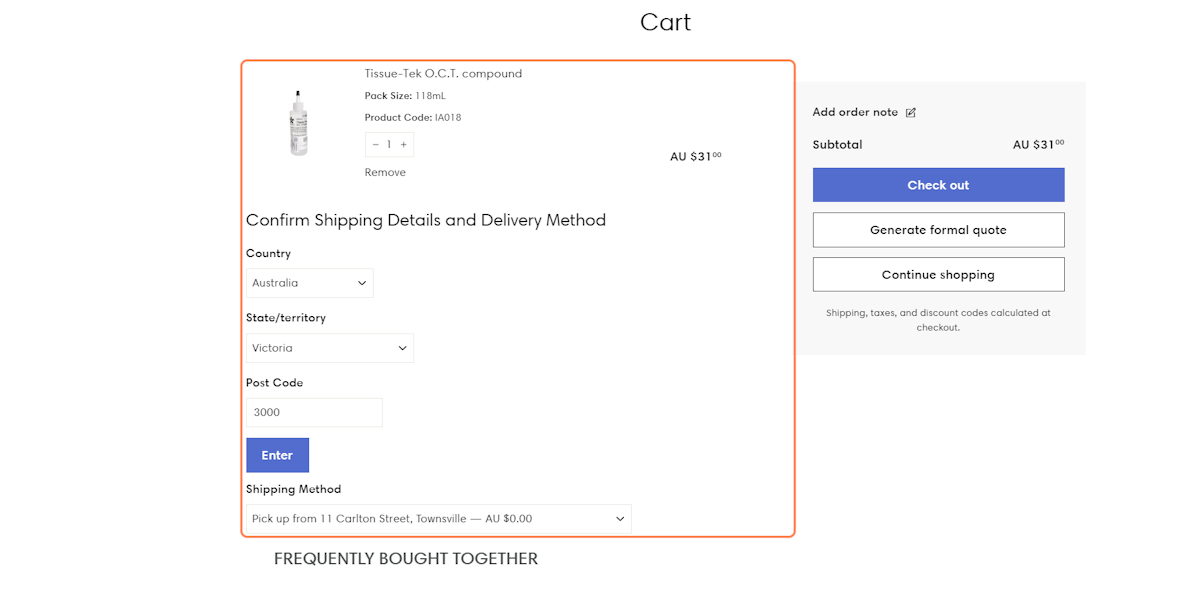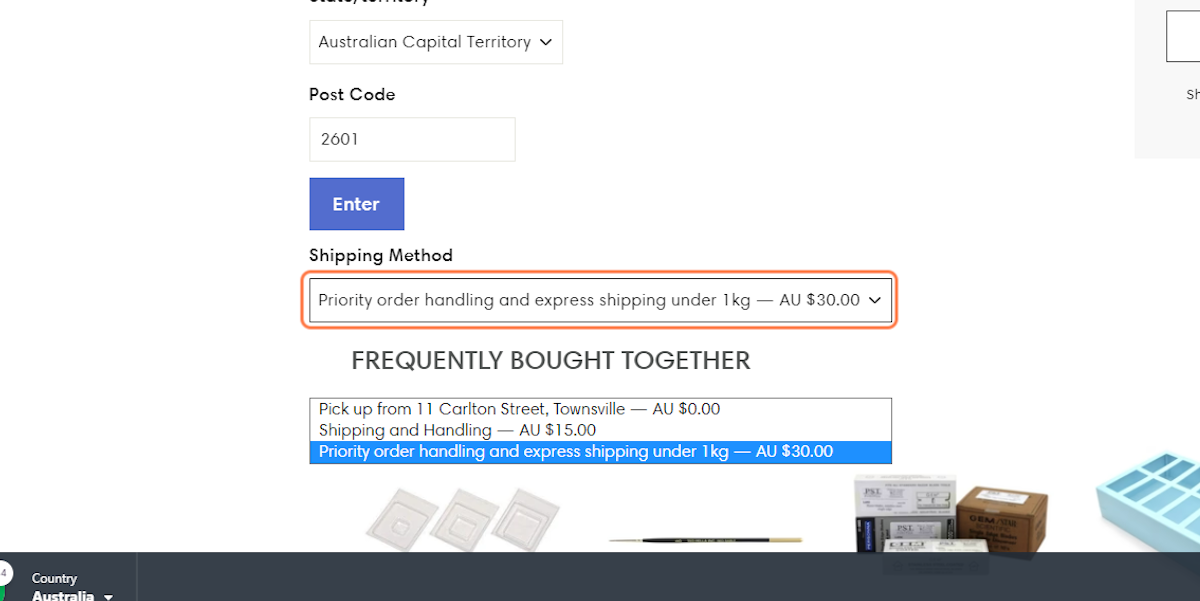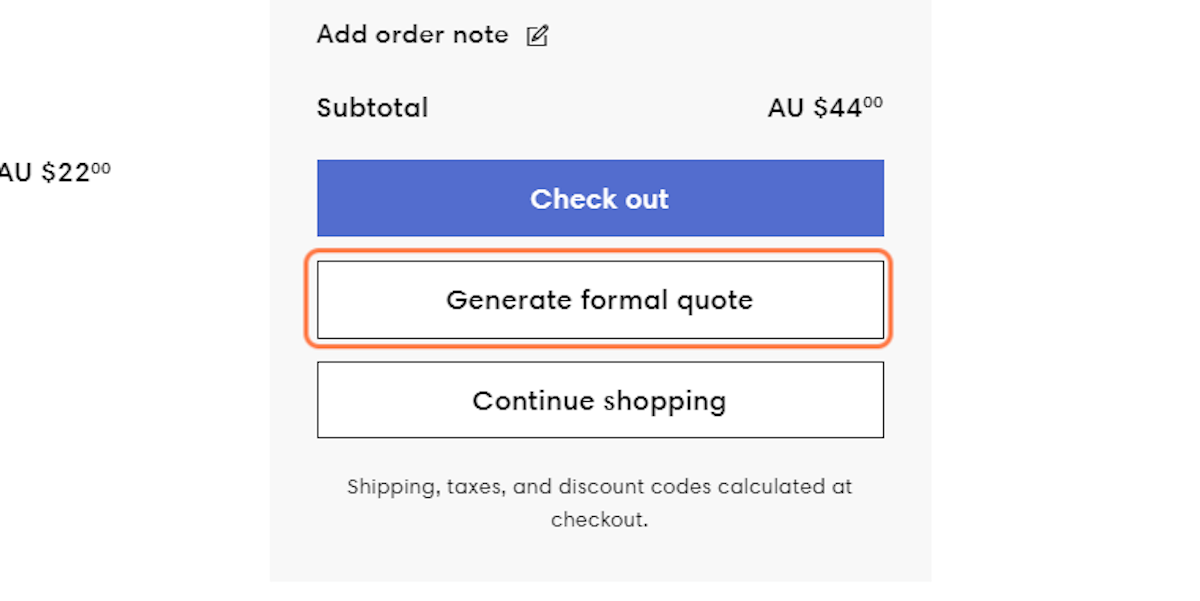Technovit 9100 MMA embedding kit (DG)
Technovit 9100 MMA embedding kit (DG)
This product is listed as dangerous goods for the purposes of shipping. Road transport only. Please do not order express shipping, as this will only result in a delay to your order.
Technovit 9100 was specifically developed for the embedding of mineralised tissues as well as soft tissue with an expanded study spectrum in light microscopy. The deplasticized sections are suitable for histological overview staining, enzyme chemistry and immunohistological studies, including in-situ hybridisation.
Plastic embedding system for medicine, botany and zoology. Thin sections for immunohistology can be stuck to glass object holders and deplasticised.
Fields of application:
- Hard-cutting technique for making thin layers
Examples: Iliac crest biopsies, smaller, spongy and compact bone tissue specimens. - Division thin section technique (division procedure in point contact technology)
Examples: Tooth/jaw areas with and without implants, non-cemented endoprostheses with shaft bones. - Combined division-thin section technique and hard-cutting technique (target preparation)
Examples: Boundary layer and environment assessment for metal implants and non-cemented endoprostheses.
Tissues that cannot be cut are teeth-bearing jaw sections with fillings, crowns and bridges, thick corticalis, implant-bearng (metal or ceramic) jaw or long bones, or brittle, hypermineralised bones.
Material properties
Polymerisation of the hydrophobic Technovit 9100 occurs by excluding oxygen using a catalyst system made of peroxide and amine. Additional components such as PMMA powder and regulator allow for a controlled polymerisation in the cold (in the range of -2 to -20°C, depending on the volume) that guarantees complete dissipation of the polymerisation heat.
The benefits of the system at a glance:
- Polymerisation below freezing
- Reproducibility of the embedding results and reliability due to constant, documented quality controls
- Uniform block hardening
- The PMMA block remains transparent
- Better results with regard to cutting and staining because Technovit 9100 contains a hydrophilising agent
- Can be used for thin section and the sawing and cutting techniques
- Enzyme histology and immunohistology as well as in-situ hybridisation possible (sections)
Product Data
| Designation | Quantity |
| Technovit 9100 | 1 x 1000ml Basic Solution 1 x 120g PMMA Powder 8 x 1g Hardener 1 1 x 10ml Hardener 2 1 x 5ml Regulator |
| Technovit 9100 Basic Solution | 5000ml |
| Technovit 9100 PMMA Powder | 1000g |
| Technovit 9100 Hardener 1 | 100 x 1g |
| Technovit 9100 Hardener 2 | 9 x 10ml |
| Technovit 9100 Regulator | 12 x 5ml |
Technovit 9100 Granulate Safety Data Sheet
Technovit 9100 Regulator New Safety Data Sheet
Technovit 9100 Hardener 2 New Safety Data Sheet
Technovit 9100 Hardener 1 New Safety Data Sheet
Technovit 9100 Powder New Safety Data Sheet
Technovit 9100 Liquid New Safety Data Sheet

Images are illustrative only. Please check product details before ordering.


